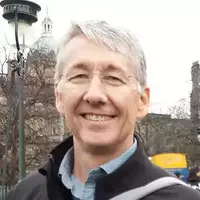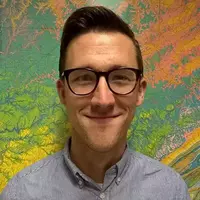Getting Started in GER: Designing an Effective Geoscience Education Research Protocol
Session Chairs
 David McConnell, North Carolina State University
David McConnell, North Carolina State University
 Doug Czajka, Utah Valley University
Doug Czajka, Utah Valley University
 LeeAnna Chapman, University of North Carolina at Charlotte
LeeAnna Chapman, University of North Carolina at Charlotte
 Jason Jones, North Carolina State University
Jason Jones, North Carolina State University
Overview
We are all doing it anyway, why not consider adding a bit of research to that teaching. Conducting research in your geoscience course can help enhance student learning and performance, identify effective teaching resources that can be shared with the community, produce publishable work for career advancement, and potentially generate results to support a future grant proposal. This session will review examples of different types of research that has been conducted in college science courses. We seek to provide you with some models for the types of research questions to ask, encourage discussion of methods for successfully measuring change, help you to identify effective research strategies that are scale-able to your class setting, and describe analytical methods suitable for different types of data sets. We will work collaboratively to identify testable hypotheses, write appropriate research questions, and outline a research protocol for a study of your choosing. We will compare and contrast quantitative and qualitative research processes and consider when they may be complimentary. We will also introduce participants to existing validated instruments that can essentially be used "off-the-shelf". We will describe the basic elements of Institutional Review Board (IRB) procedures that are typically necessary for most research involving students and will explain which types of research questions are likely to receive more rigorous oversight. Finally, we will familiarize participants with the NSF programs that are most likely to support discipline-based science education. This workshop will involve periods of lecture as well as time for participants to work independently and in small groups to begin to shape their ideas for a research project.
Target Audience
The target audience for this workshop is any instructor seeking to begin research in their geoscience course. We have designed this workshop experience to accommodate instructors with no previous experience with discipline-based science education research. Participants may be experienced researchers in other aspects of the geosciences who have previously given little thought to education research or may have little experience with any aspect of research and/or college teaching. We anticipate that participants teaching similar courses or at similar types of institutions may find value in working collaboratively.
Goals
As a result of participation in the workshop, participants will be able to:
- Write a testable hypothesis regarding some aspect of geoscience education
- Generate a research question to explore in one of their classes
- Outline some basic steps to investigate their research question
- Describe how they would analyze their research findings.
Format
Each day will include an introduction to the topic(s) for the day, short presentations from the workshop leaders, collaborative activities designed to help participants develop the components of a research protocol, report outs about progress, participants working on materials for their projects, and a final opportunity for reflection about the morning's tasks.
